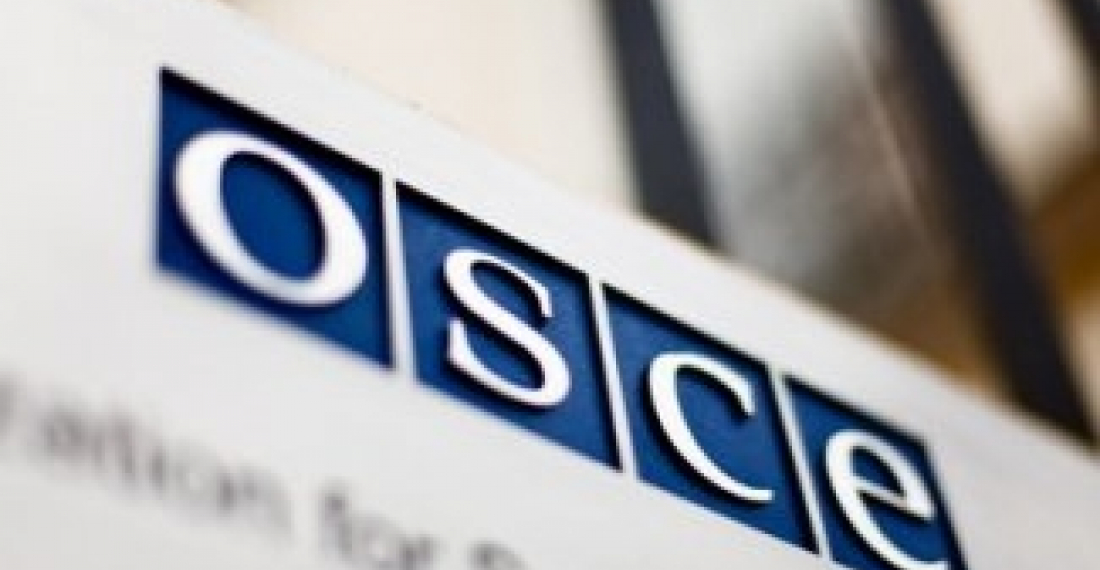Foreign Minister of the Russian Federation Sergey Lavrov, Secretary of State of the United States Hillary Rodham Clinton, and Minister Delegate for European Affairs of France Bernard Cazeneuve issued the following statement:
"On the occasion of the OSCE Ministerial Council Meeting in Dublin, we, the Heads of Delegation of the OSCE Minsk Group Co-Chair countries, call upon the parties to the Nagorno-Karabakh conflict to demonstrate the political will needed to reach a peaceful settlement. As our Presidents stated at Los Cabos on June 18, 2012, the parties should be guided by the Helsinki principles, particularly those relating to the non-use of force or the threat of force, territorial integrity, and equal rights and self-determination of peoples, and the elements outlined in our countries’ statements at L’Aquila in 2009 and Muskoka in 2010. Recalling the statement of our Presidents at Deauville in 2011, we again urge the parties to take decisive steps to reach a peaceful settlement.
"We regret that the expectations of more rapid progress in the peace process, which were raised by the Joint Statement of the Presidents of Armenia and Azerbaijan, with the President of the Russian Federation at Sochi on January 23, 2012, were not met. Instead, the parties have too often sought one-sided advantage in the negotiation process, rather than seeking to find agreement, based upon mutual understanding. While recognizing the decrease in serious incidents along the Line of Contact and the border in recent months, we remind the parties of the need to continue to respect the ceasefire of 1994, and that the use of military force will not resolve the conflict. We urge the parties to refrain from actions and statements that foster feelings of enmity among their populations and have raised tensions in recent months. The leaders of the sides must prepare their populations for the day when they will live again as neighbors, not enemies, with full respect for each other's culture, history, and traditions.
"We call upon the parties to demonstrate a greater sense of urgency in the peace process and to work with the Co-Chairs to give full and careful consideration to ideas presented by the Co-Chairs during their trip to the region in November. We welcome the readiness of the Foreign Ministers of Azerbaijan and Armenia to meet jointly with the Co-Chairs early in 2013 to continue these discussions. Our countries continue to stand ready to do whatever we can to assist the parties, but the responsibility for putting an end to the Nagorno-Karabakh conflict remains with them."
News.Az







